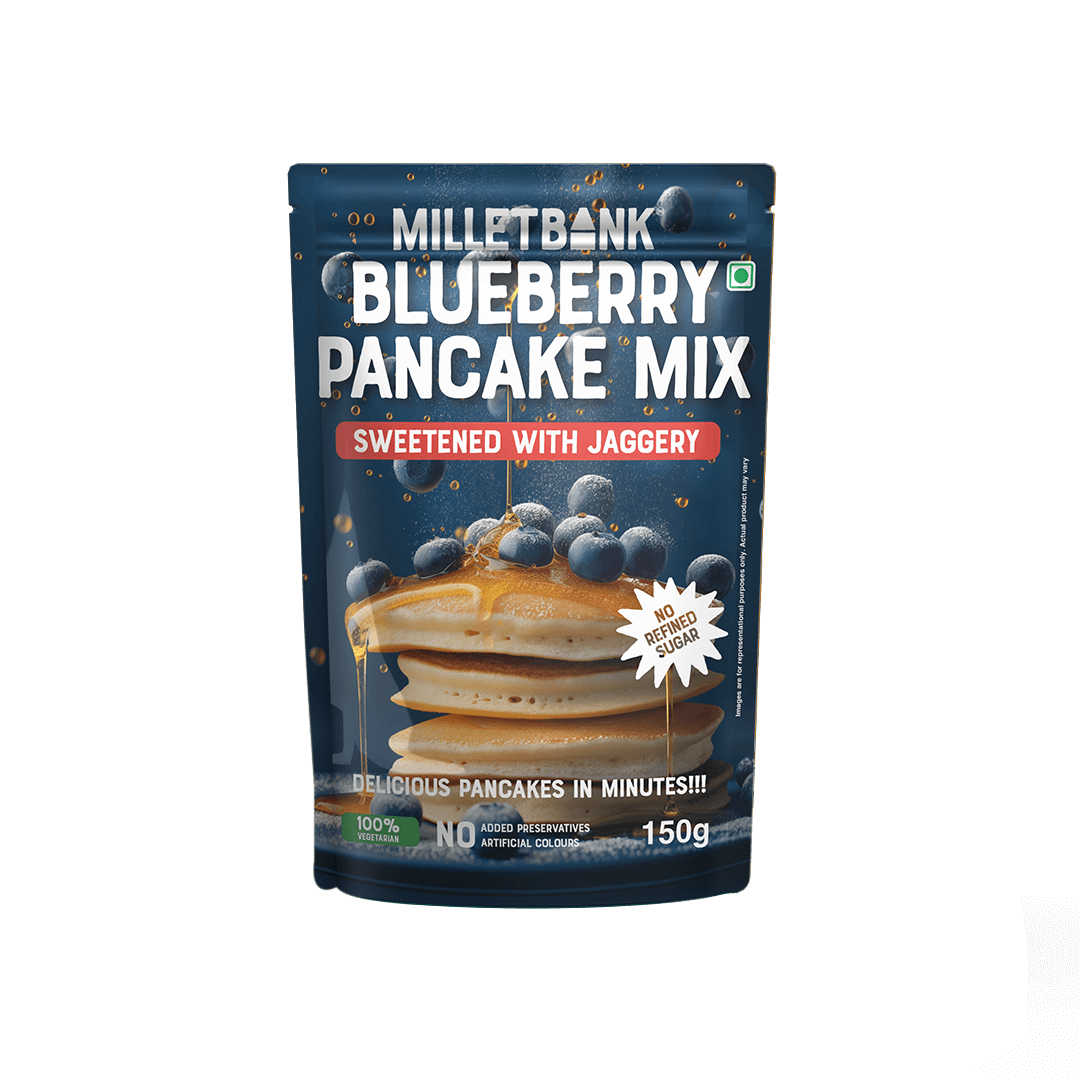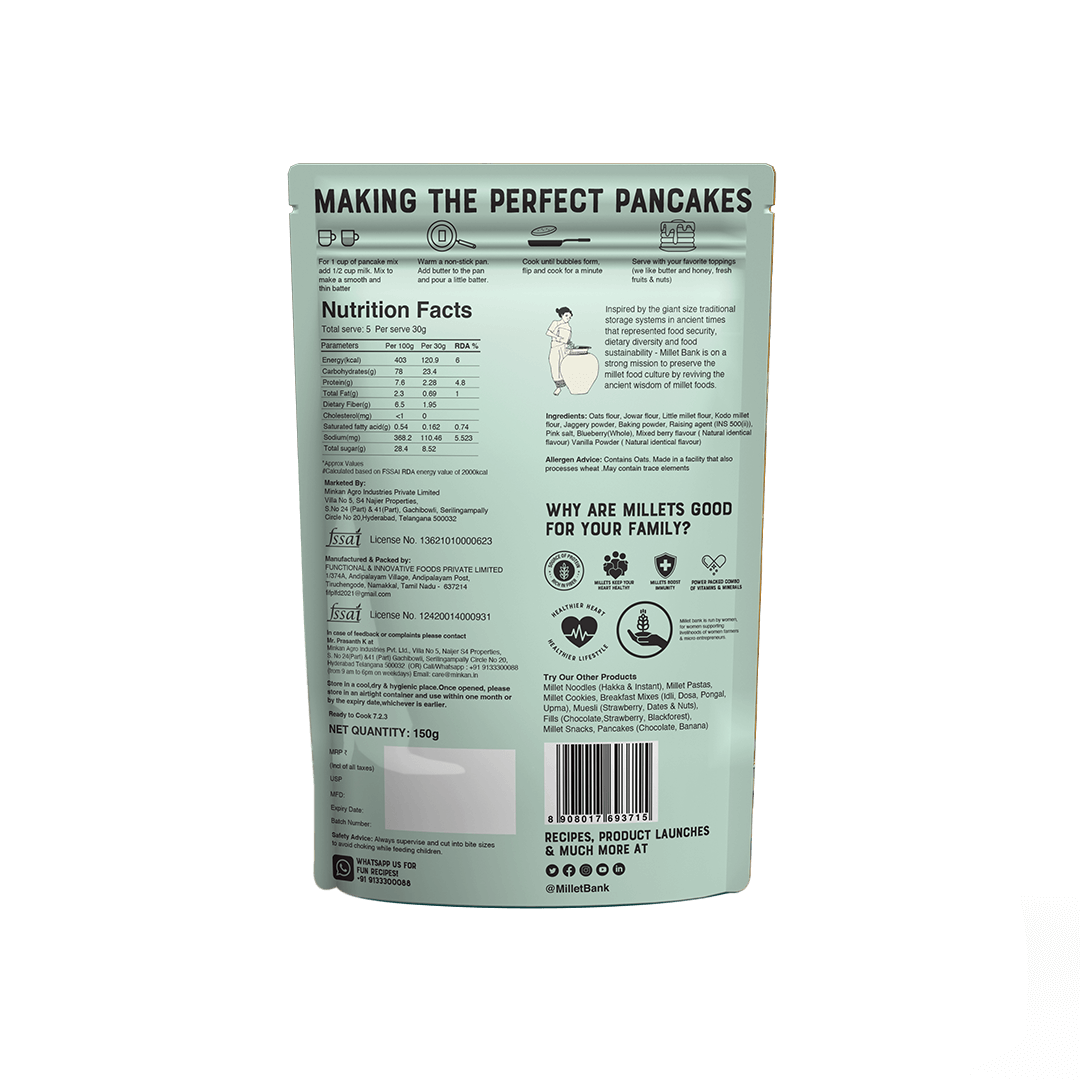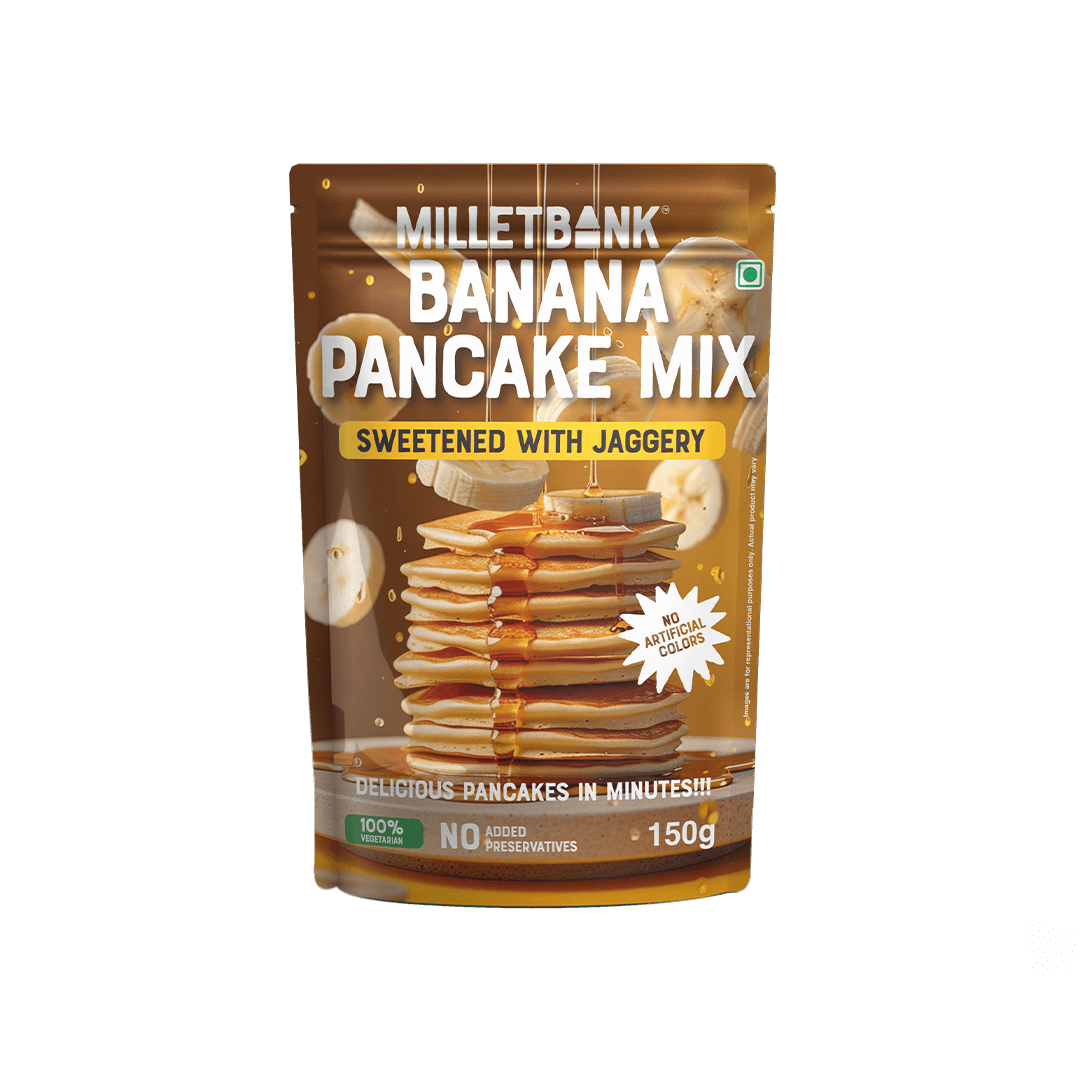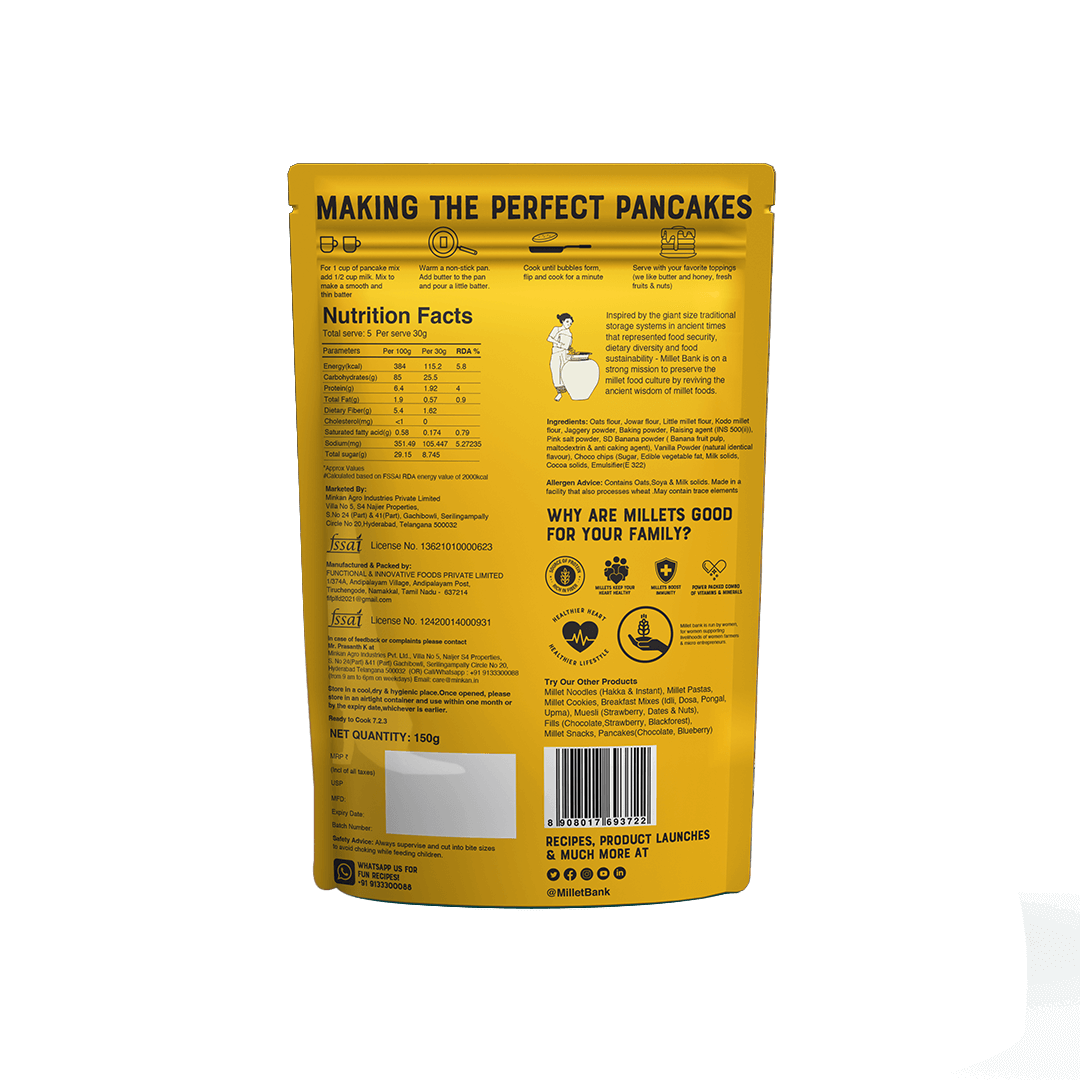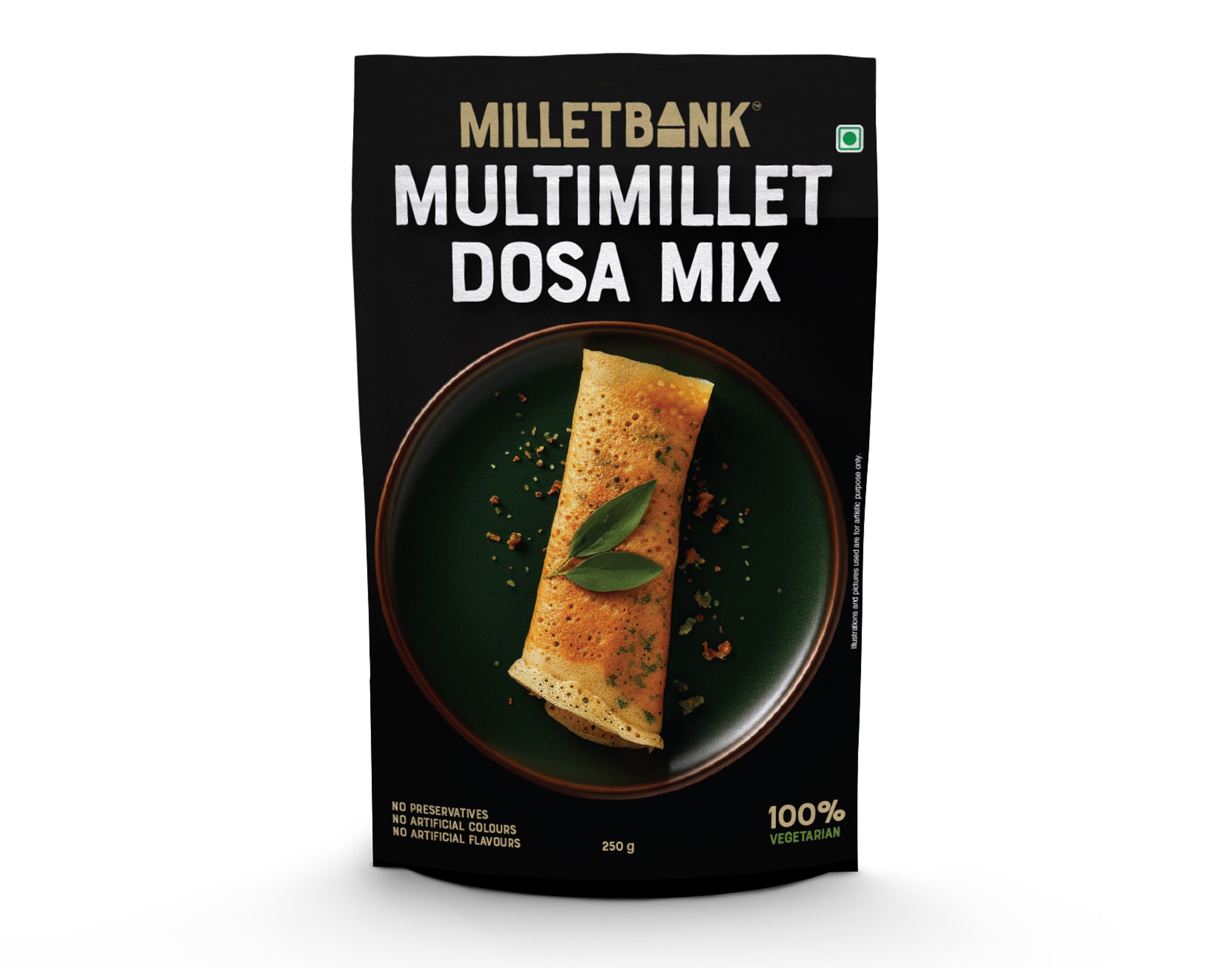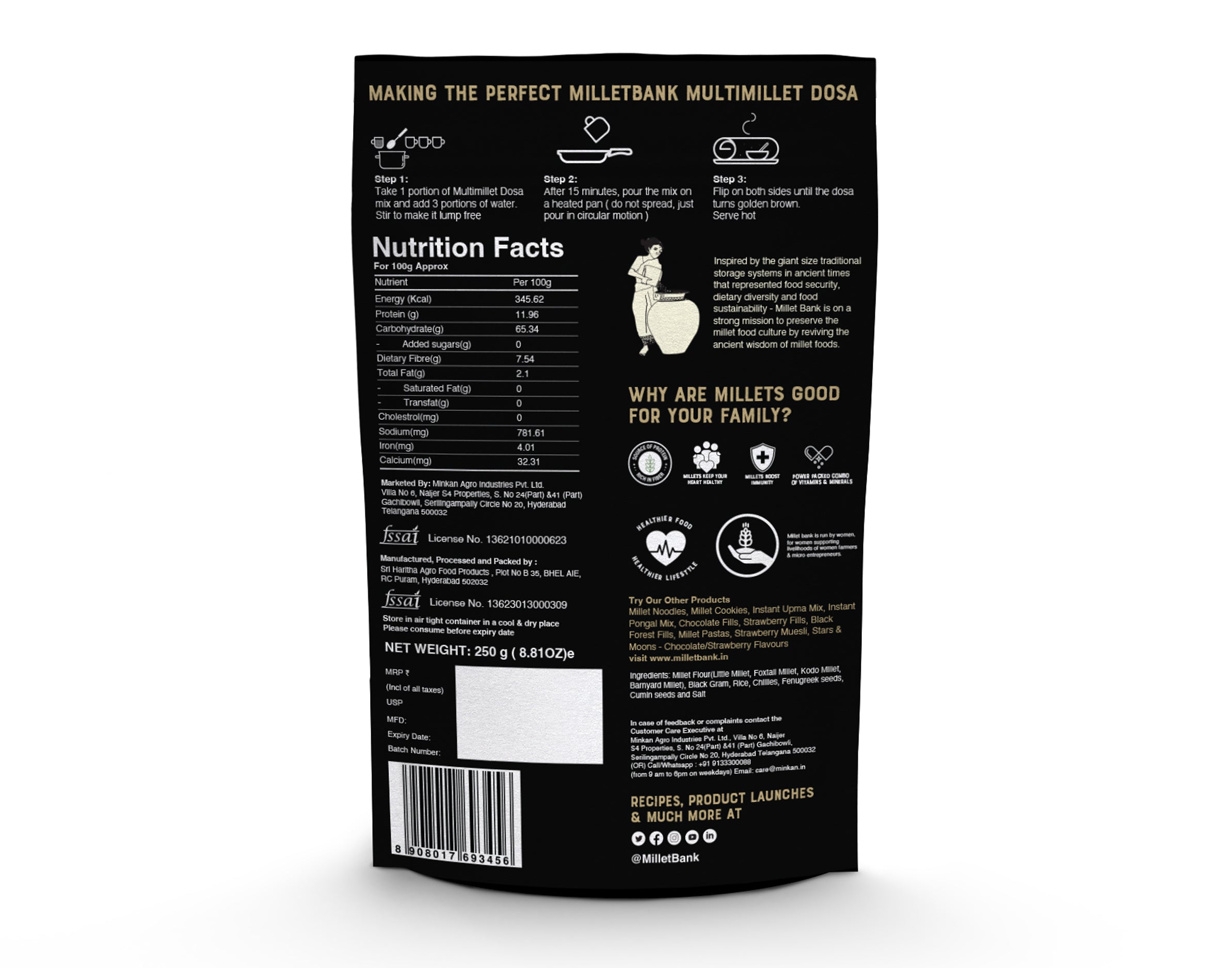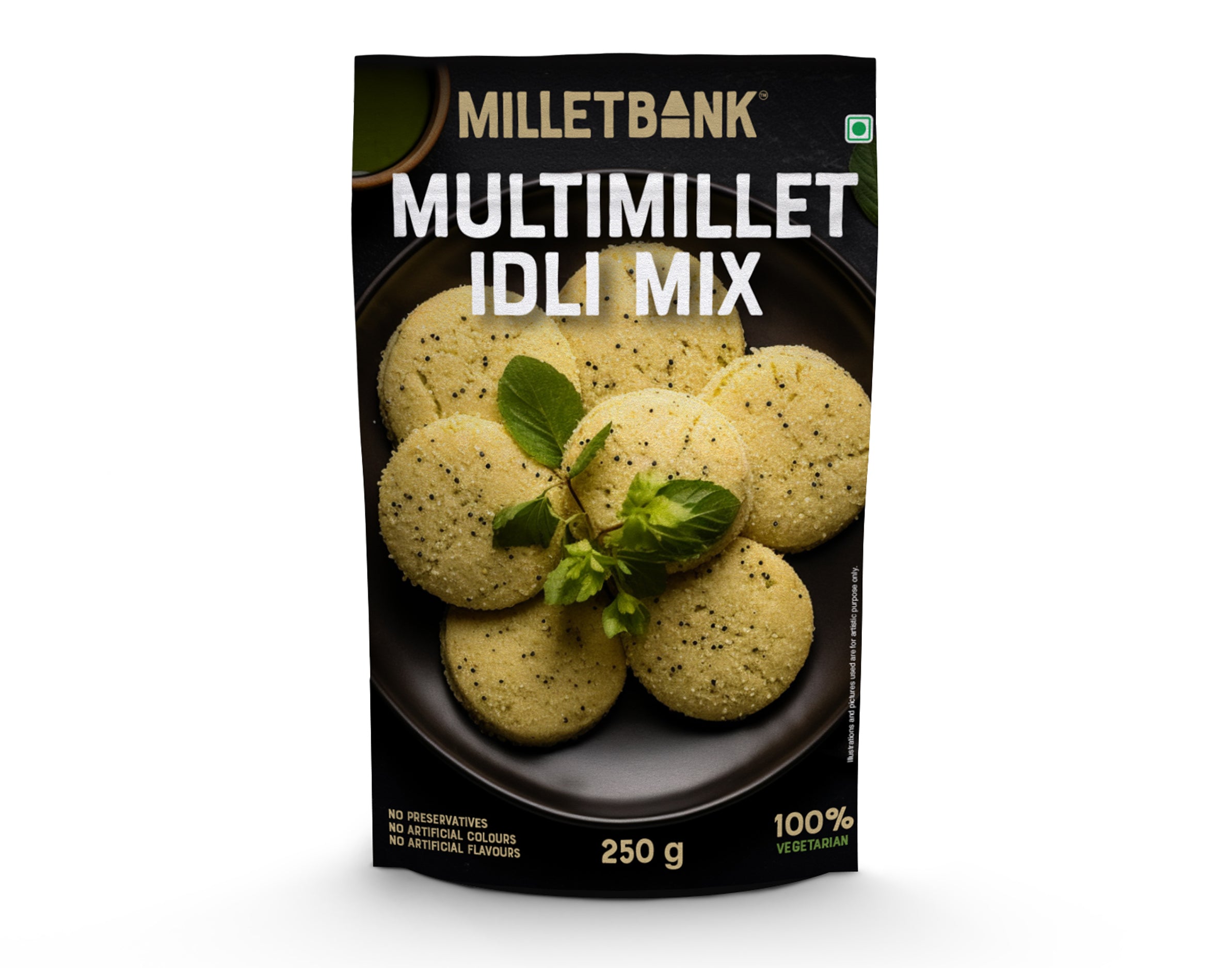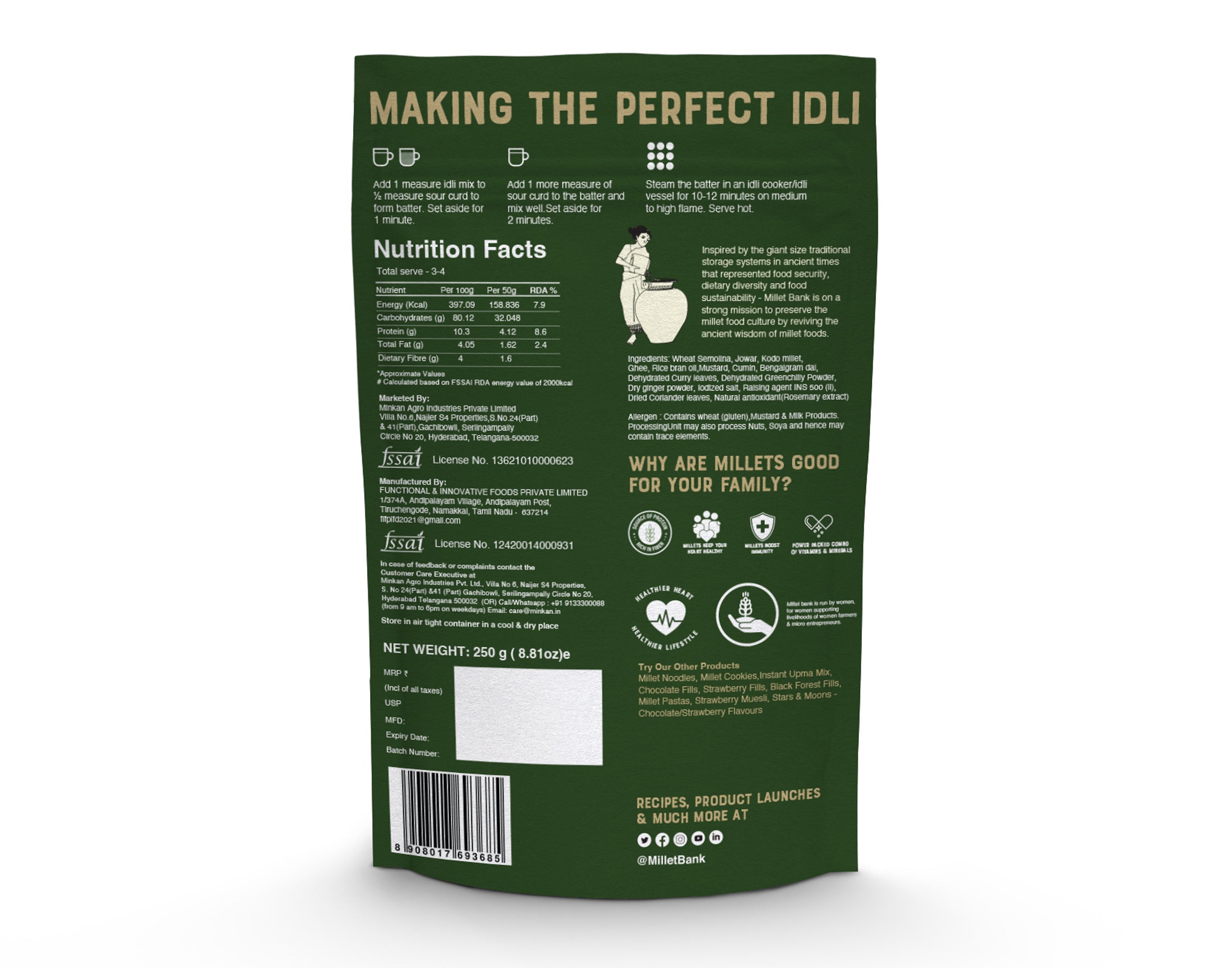KODO MILLET
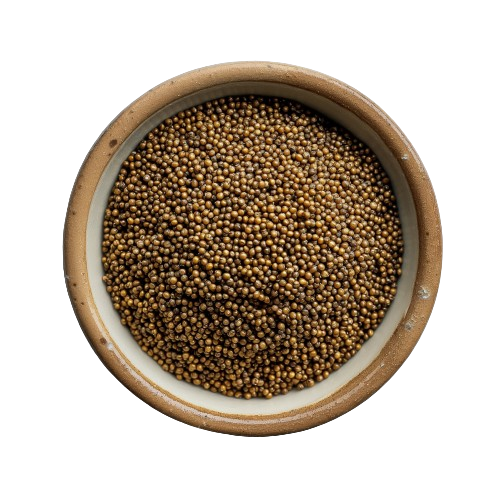
KODO MILLET
Origin and Cultivation:
Kodo Millet, also known as Varagu, is believed to have originated in India and is cultivated in various parts of the country. It is primarily grown in states like Karnataka, Tamil Nadu, Andhra Pradesh, and Maharashtra. Kodo Millet is well-suited to dryland farming and can adapt to different soil and climatic conditions, making it a resilient crop choice for farmers in diverse agricultural regions.
Consumption and Culinary Uses:
Kodo Millet is a versatile grain with numerous culinary applications. It is commonly used to make traditional South Indian dishes such as dosa and idli. Kodo Millet flour is used to prepare dosa mix and idli mix, offering a nutritious alternative to rice-based mixes. Additionally, Kodo Millet can be cooked as porridge, added to soups and stews, or used in salads and baked goods.
Nutritional Values and Benefits:
Kodo Millet (Varagu) is highly nutritious and offers several health benefits. It is rich in dietary fiber, protein, vitamins, and minerals such as iron, calcium, and magnesium. Kodo Millet has a low glycemic index, which helps regulate blood sugar levels and may reduce the risk of diabetes. Additionally, Kodo Millet promotes satiety and aids in weight management.
Products with Kodo Millet :
At Millet Bank, we recognize the nutritional benefits of Kodo Millet (Varagu) and incorporate it into our innovative products. Our offerings include Millet Dosa Mix and Millet Idli Mix, providing convenient and nutritious options for traditional South Indian breakfast dishes. By using Kodo Millet in our products, we aim to promote healthy eating habits while supporting sustainable agriculture and empowering farmers in dryland regions.


